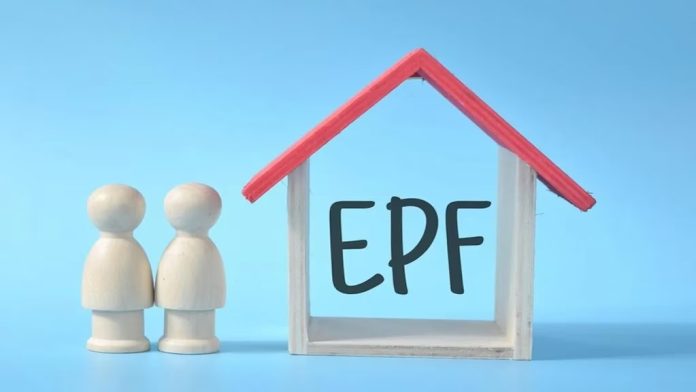EPFO 3.0: The Ministry of Labour is considering significant reforms in EPFO services, including removing the 12% employee’s contribution cap, which would allow for higher deposits and pensions for members, according to media reports.
As part of the mega revamp in the Employees’ Provident Fund Organisation (EPFO) 3.0 version, the Centre is planning to introduce a lot of employee-centric initiatives.
Reports suggest that the EPFO is likely to review the 12% cap on employee contribution. Employees will be allowed to increase their contribution to boost their savings.
Also Read BIG changes to pension rules: Retiring central govt employees must submit THIS form through online mode 8th Pay Commission: Minimum salary of central govt employees to be raised to Rs 51480? Check calculation THESE central govt employees to receive 40-day bonus for FY 2023-24: Full details of the scheme, bonus calculation SSC CGL Result: Scorecard and cutoff to be out soon on ssc.gov.in – Details inside
Employees, the reports further said, will be allowed to deposit any amount higher than threshold at any point of time. However, the employer contribution will be fixed based on the employee’s salary, so that there’s no extra burden on the employer.
Also read: TDS on EPF Withdrawal: 30% income tax if PAN not furnished! All you need to know about PF taxation
Overall, these EPFO initiatives can be seen as an effort to increase employee savings.
Additionally, the government is planning to allow employees to convert their provident fund balance into a pension with their consent.
This means that at any point, employees will have the option to convert their provident fund amount into a pension, which is a significant development.
Furthermore, the government intends to introduce a new facility for EPFO subscribers. They will be issued a card, similar to a debit card, allowing them to withdraw funds from ATMs. However, the withdrawal will be limited to a maximum of 50% of their total deposit.
It is expected that the government will announce this initiative by March or April next year, marking a major reform in the functioning of EPF.
» Read More


